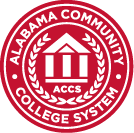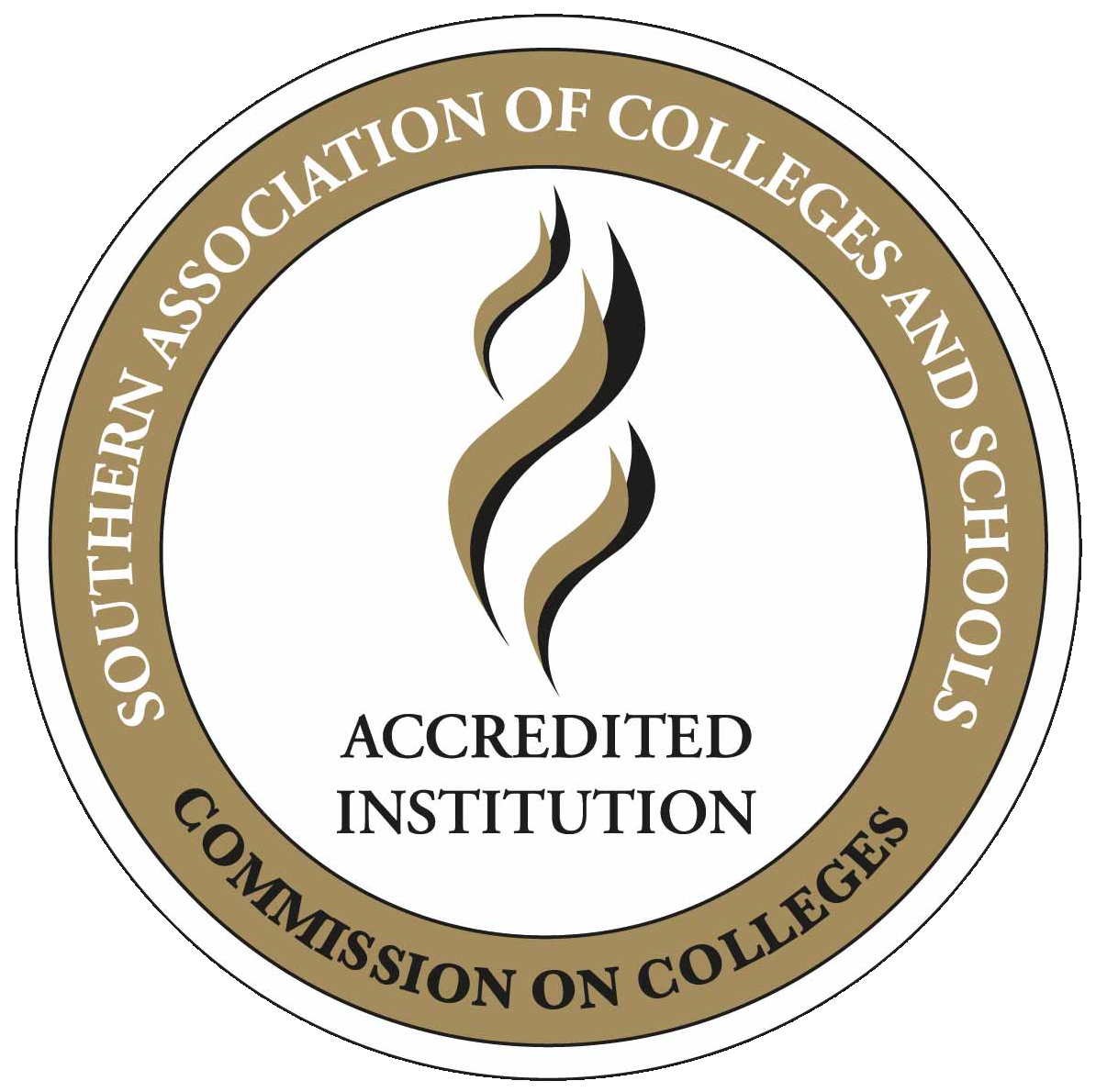Jefferson State Community College endorses the Americans’ with Disabilities Act. In accordance with College policy, when requested, reasonable accommodations may be provided for individuals with disabilities.
Physical, cognitive, psychomotor, affective and social abilities are required in unique combinations to function as a radiologic technologist. The applicant/student must be able to meet the essential functions with or without reasonable accommodations throughout the program of learning. Admission, progression and graduation are contingent upon one’s ability to demonstrate the essential functions delineated for the program with or without reasonable accommodations
In order to be admitted and to progress in the RAD program one must possess a functional level of ability to perform the duties required of a radiologic technologist. The criteria that is listed below is not intended as a complete listing of behaviors required for radiologic technology, but is a sampling of the types of abilities needed by the radiologic technology student to meet program objectives and requirements. . Admission or progression may be denied if a student is unable to demonstrate the essential functions with or without reasonable accommodations.
Radiologic Technology is considered a strenuous profession. In order to perform as a radiologic technologist, the student must be able to:
Mobility
- Have physical stamina to stand and walk for 8 hours or more in a clinical
- Stand on both legs, move from room to room, and maneuver in small
Flexibility
- Can bend the body downward and forward by bending at the spine and
This factor required full use of lower extremities and back muscles.
- Can flex and extend all joints
Strength
- Can raise objects from a lower to a higher position or move objects horizontally from position to position
This factor requires the substantial use of the upper extremities and back muscles
- Possess mobility, coordination and strength to push, pull or transfer heavy objects
(Strength to lift 25 lbs. frequently and 50 lbs or more occasionally.)
Fine Motor Skills and Hand/Eye Coordination
- Possess manual dexterity, mobility, and stamina to perform
- Can seize, hold, grasp, turn and otherwise work with both
- Can pick, pinch, or otherwise work with the
Auditory Ability
- Possess sufficient hearing to assess patient’s needs, follow instructions, communicate with other health care workers, as well as respond to audible sounds of radiographic
Visual Acuity
- Possess the visual acuity to read, write and assess the patient and the environment
Communication
- Possess verbal/nonverbal and written communication skills adequate to exchange ideas, detailed information and instructions
- Able to read, comprehend, and write legibly in the English
Interpersonal Skills
- Able to interact purposefully and effectively with
- Able to convey sensitivity, respect, tact, and a mentally healthy
- Oriented to reality and not mentally impaired by mind-altering substances
- Able to function safely and effectively during high stress
The above statement of criteria is not intended as a complete listing of behaviors required for radiologic technology, but is a sampling of the types of abilities needed by the radiographic technology student to meet program objectives and requirements. The Program in Radiologic Technology or its affiliated agencies may identify additional critical behaviors or abilities needed by students to meet program or agency requirements. The Program of Radiologic Technology reserves the right to amend this listing based on the identification of additional standards or criteria for radiologic technology.
Upon admission, an individual who discloses a disability can request reasonable accommodations. Individuals will be asked to provide documentation of the disability in order to assist with the provision of appropriate reasonable accommodations. The respective College will provide reasonable accommodations but is not required to substantially alter the requirements or nature of the program or provide accommodations that inflict an undue burden on the respective College. In order to be admitted one must be able to perform all of the essential functions with or without reasonable accommodations. If an individual’s health changes during the program of learning, so that the essential functions cannot be met with or without reasonable accommodations, the student will be withdrawn from the RAD program. The faculty reserves the right at any time to require an additional medical examination at the student’s expense in order to assist with the evaluation of the student’s ability to perform the essential functions.
Requests for reasonable accommodations should be directed to the ADA office at 856-6077.



